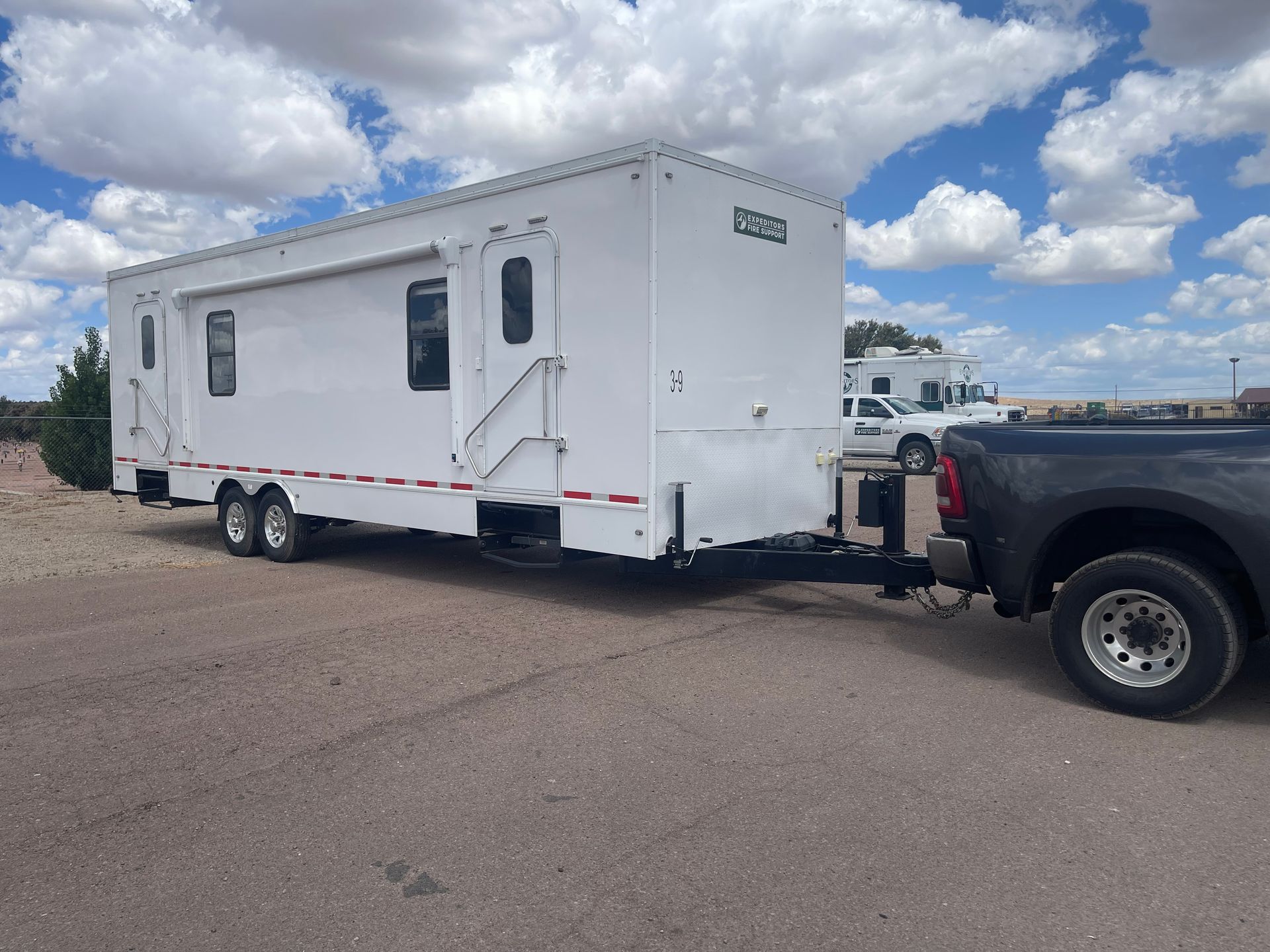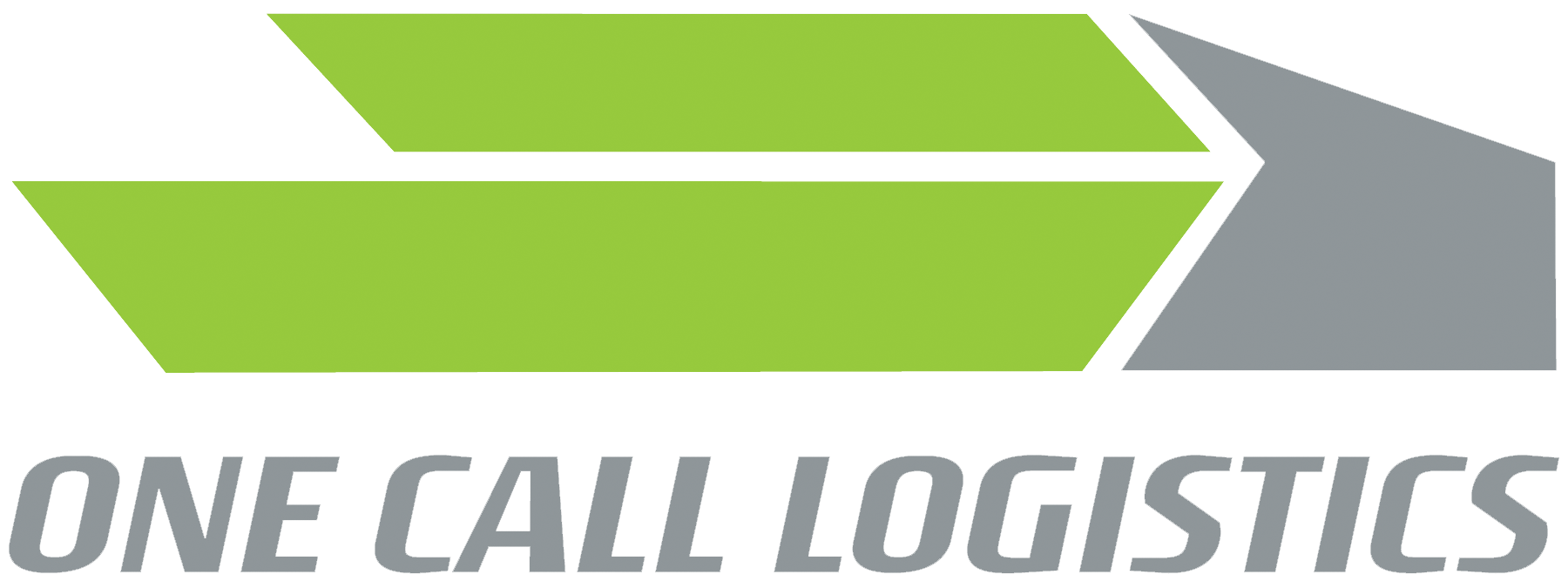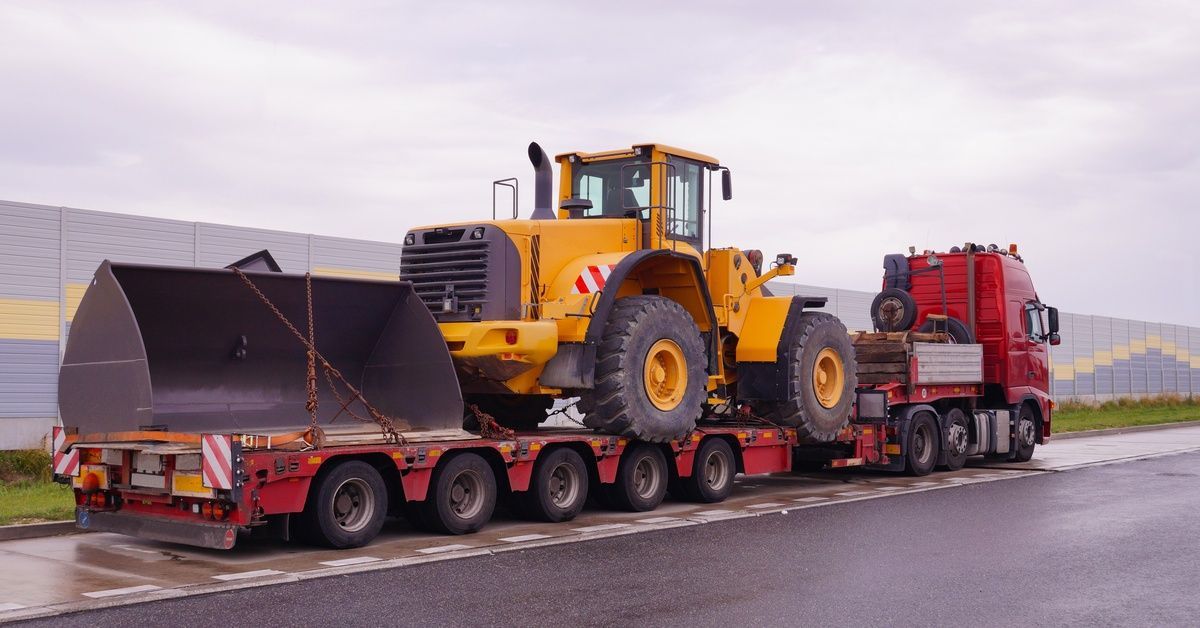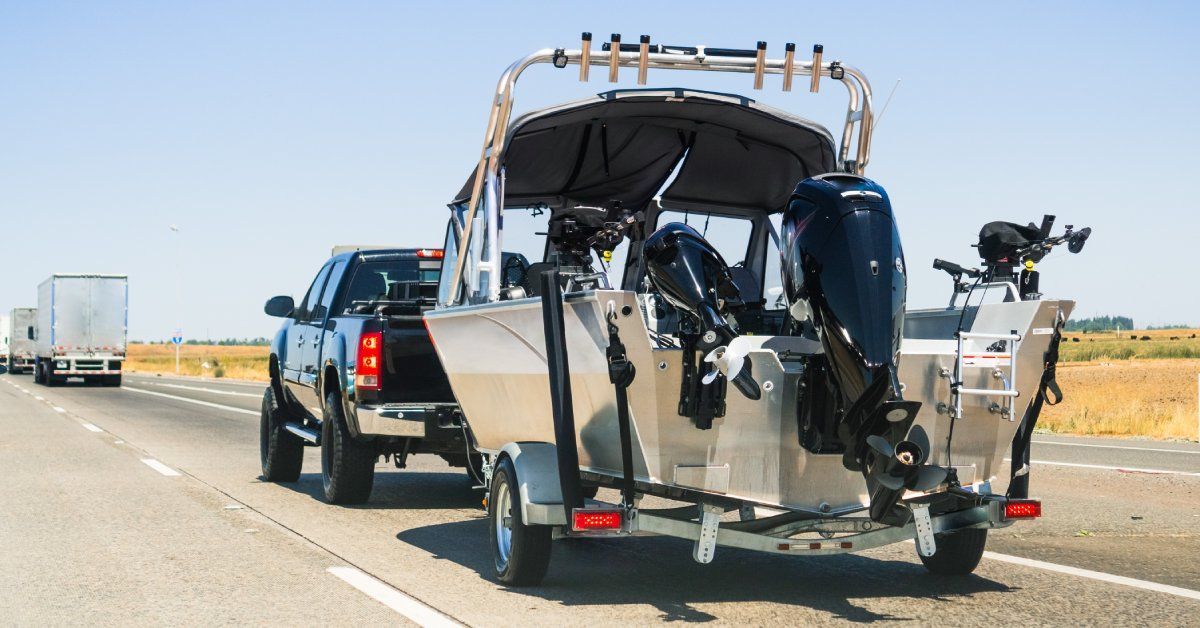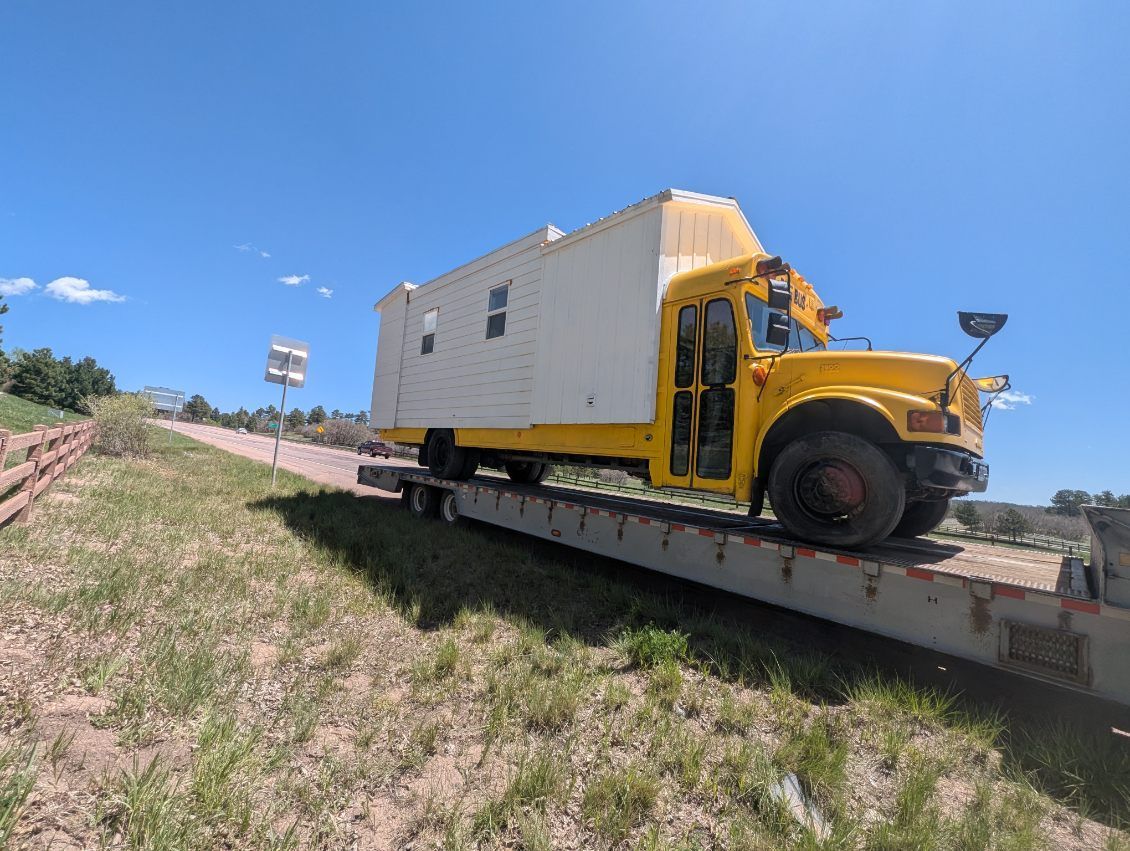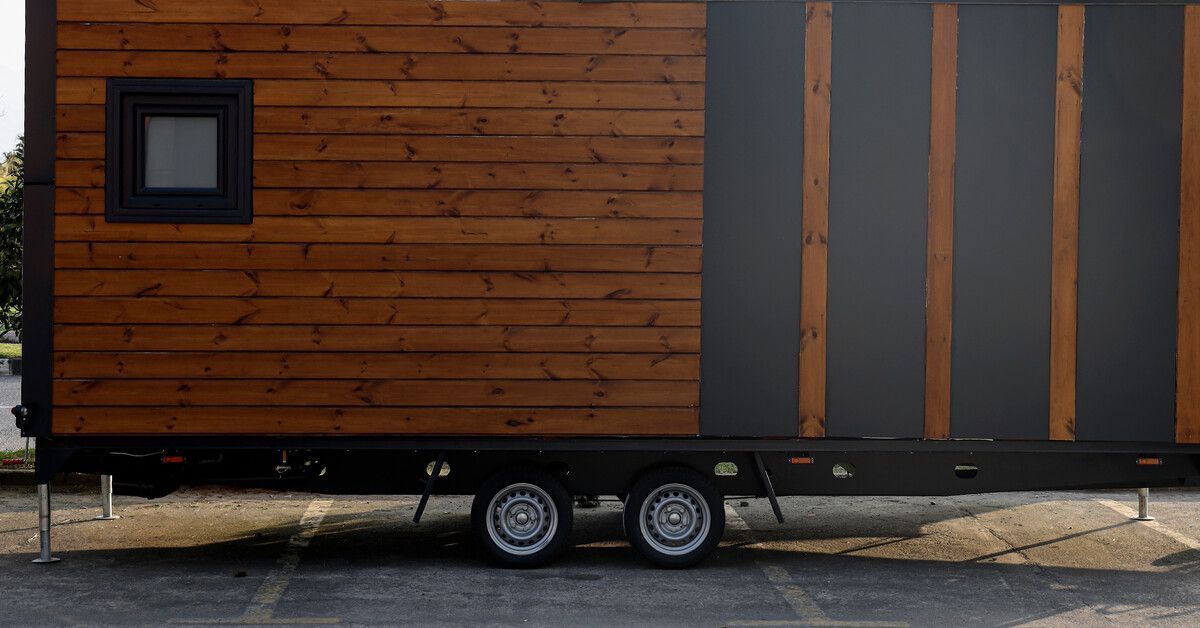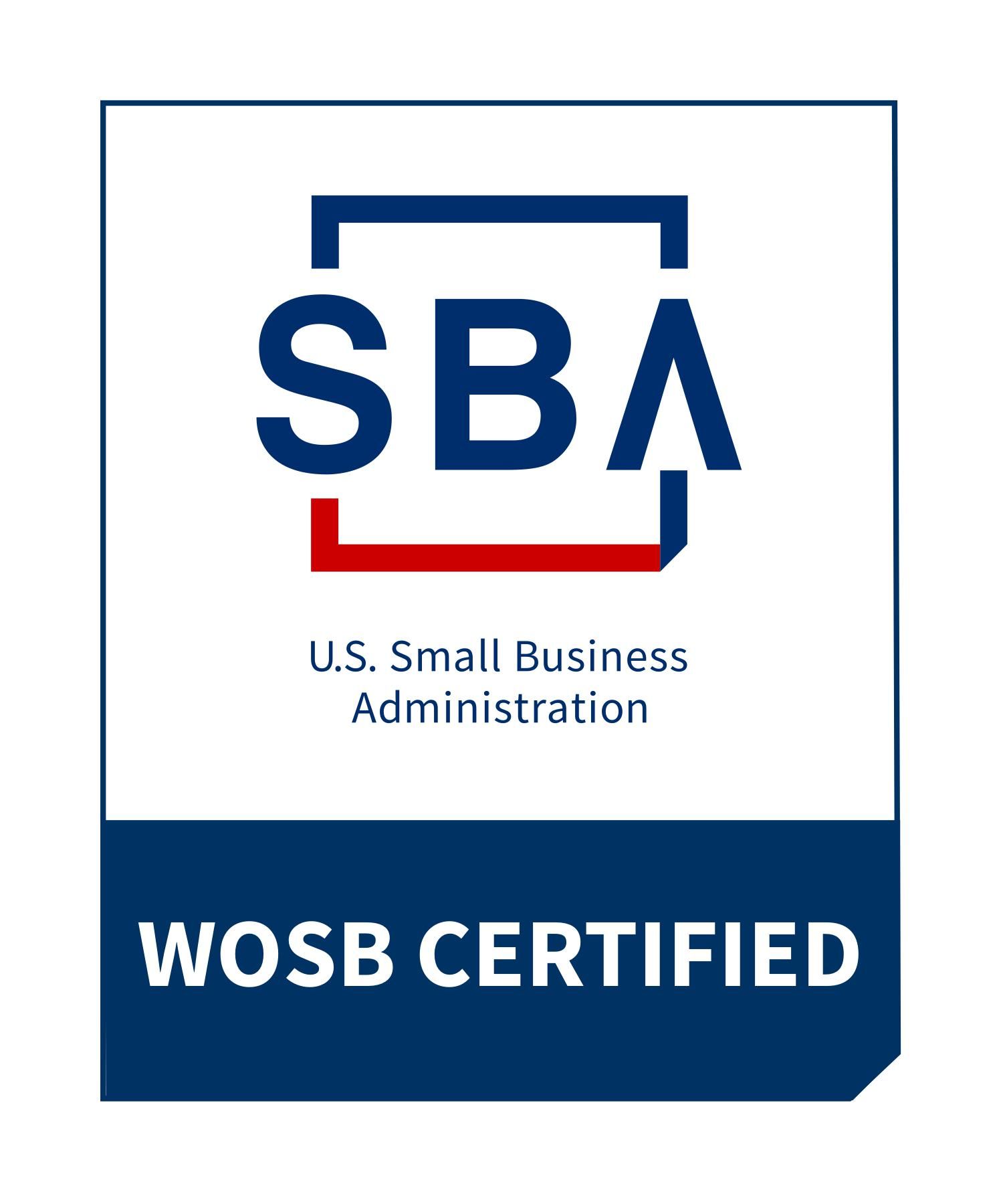Long-Term Impacts of Towing an RV on Your Truck
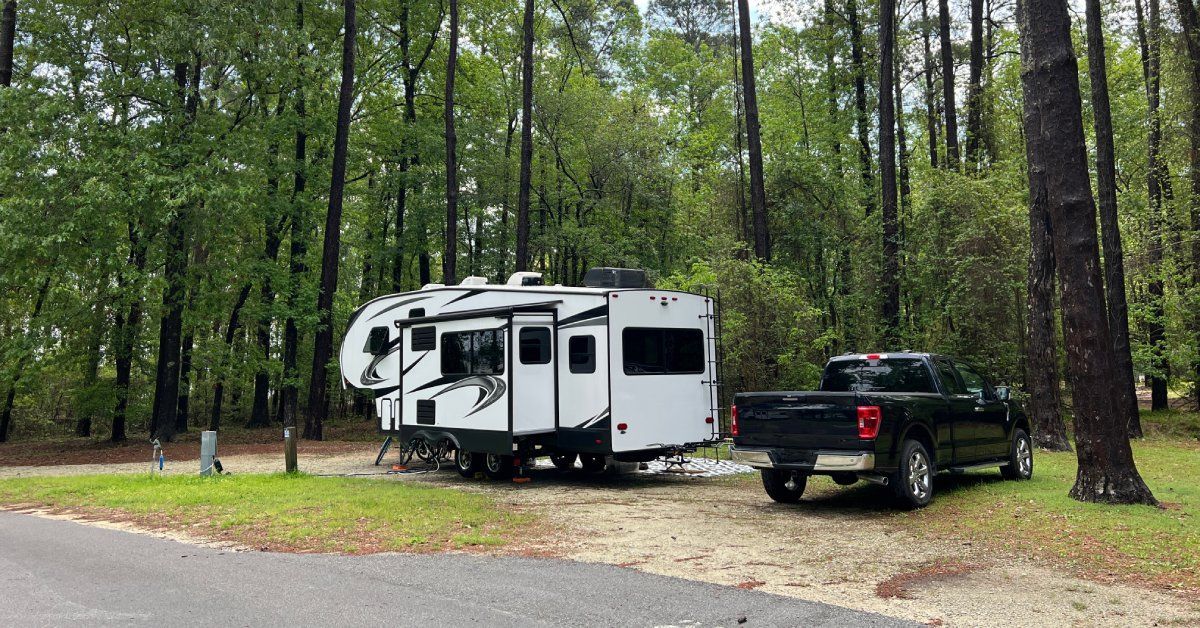
Towing an RV empowers truck owners to explore the open road with a home on wheels. However, towing an RV comes with some challenges, and doing it repeatedly over the long term brings consequences for your truck. Over time, towing can significantly impact your vehicle's engine, transmission, suspension, and overall performance. The long-term impacts of towing an RV on your truck often go unnoticed until costly repairs or performance issues arise.
For those looking to avoid the wear and tear on their vehicles, let's take a closer look at the effects towing an RV has on your truck and why it’s important to act before long-term damage sets in.
The Burden on Your Engine and Transmission
Towing an RV isn’t as simple as hitching it up and driving off. It places stress on essential components of your truck, particularly those not designed for sustained heavy loads.
Every truck has constraints determined by its gross vehicle weight rating (GVWR) and gross combined weight rating (GCWR). While manufacturers provide these weight limits for safe towing, consistently operating near or above the limit can accelerate mechanical wear. Misjudging weight or ignoring these ratings may force your truck to work harder than it can handle.
Your truck’s engine bears the brunt of the workload during towing. Pulling an RV requires much higher power output, especially on steep inclines or uneven terrain. Over time, this overexertion can wear down essential components, leading to reduced efficiency, overheating issues, and expensive repairs.
Towing also creates excessive heat in the transmission system, and while modern trucks are equipped with transmission coolers, prolonged heat buildup still poses risks. Towing without proper care can lead to degraded transmission fluid and a shortened transmission life requiring costly repairs or replacements.
Suspension and Brake Wear Over Time
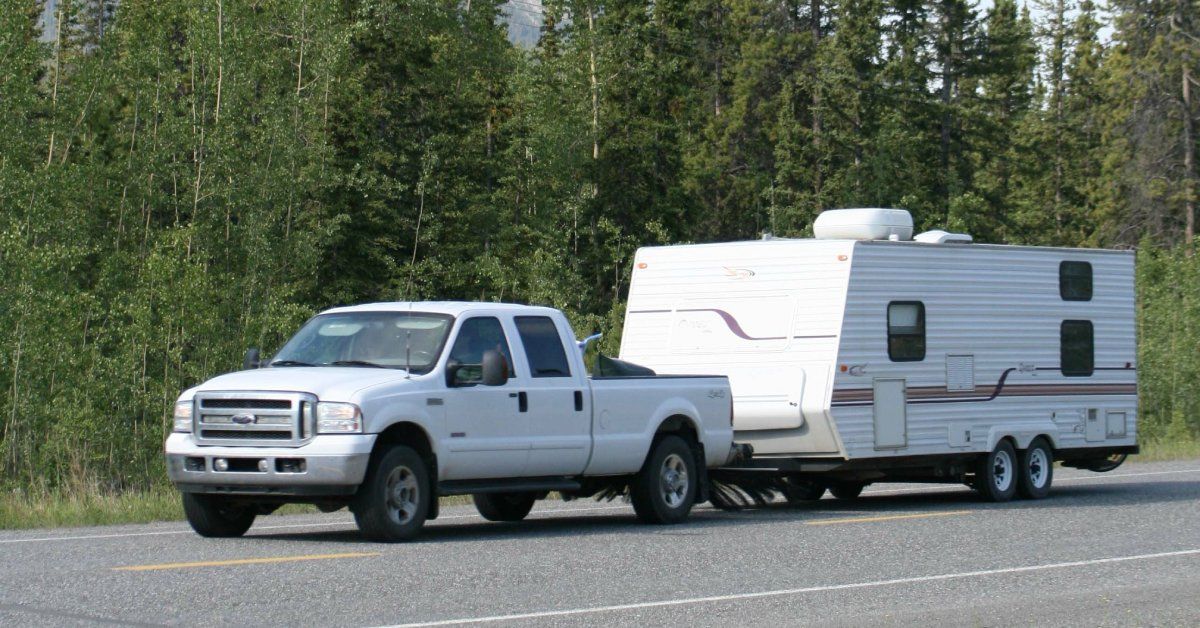
Your truck’s suspension and braking systems are critical when towing an RV, yet they’re also among the most vulnerable to long-term wear.
Springs, shocks, and struts are built to handle regular loads, but when towing an RV over long distances, these parts are subjected to significantly increased tension. Over time, they begin to weaken, resulting in diminished handling and the eventual need for replacements.
Towing an RV also extends the stopping distance and increases the strain on your brakes. Harder and more frequent braking can lead to faster brake pad wear and overheating, sometimes even warping the rotors. Brake replacements, when compounded by towing demands, can quickly add up in costs.
Fuel Efficiency and Operational Costs
Towing inevitably takes a toll on your truck’s fuel consumption, which is a challenge that becomes more noticeable over time. Truck owners should expect a considerable drop in miles per gallon (MPG) while towing. With the weight and drag of an RV behind you, your truck burns more fuel to maintain its speed and maneuverability. This reduction in fuel efficiency hits harder during frequent or long hauls.
Fuel inefficiency quickly translates into mounting costs. Coupled with rising fuel prices, managing towing trips can create an ongoing financial burden that truck owners must consider when planning their next adventure.
Frame and Chassis Stress
Like other parts of your truck, the frame and chassis undergo stress that becomes exponentially worse with constant heavy towing. When subjected to continuous load distribution and extreme weight, your truck’s frame may experience minute stress fractures that grow over time. This weakening hinders the structural integrity of the chassis, potentially compromising safety and resale value.
Cross-country travel exposes your truck to road salt, rain, and fluctuating weather conditions, particularly during winter months. This increases the risk of rust, which can spread through the frame, connectors, and other vital parts, accelerating overall degradation.
Tire and Axle Considerations
Tires and axles are the critical contact points between your truck and the road, and both are pushed to their limits during towing. Towing an RV contributes to rapid tire wear due to uneven tread and increased weight. Misaligned tire pressure can also lead to blowouts, representing not just a financial risk but also a serious safety concern.
Uneven weight distribution while towing can misalign your truck’s axles over time. This misalignment causes uneven tire rotation, excessive vibrations during travel, and recurring costs to adjust your axles for proper performance.
The Limitations of Tech and Towing Aids
Modern trucks come equipped with an array of tow-assist technologies, but no gadget can fully erase the damage of excessive towing. Newer features such as brake controllers, sway control technology, and backup cameras are instrumental in minimizing errors and enhancing driver safety during towing. While they’re beneficial, these systems primarily focus on convenience and safe operation rather than addressing the core stress placed on vehicle hardware.
Despite these advancements, the physical strain from towing still affects your truck. Gradually weakened parts, reduced efficiency, and compounded maintenance costs are unavoidable when towing is a long-term habit.
Increased Maintenance Costs
Routine maintenance is part of owning any vehicle, but frequent towing amplifies those costs over time. From more frequent oil changes to worn-out shock absorbers and coolant replacements, towing accelerates the wear-and-tear schedule for essential services. Rust protection and inspections also become more necessary for heavy-use vehicles.
Lower Vehicle Resale Value
The resale value of a truck used for towing heavy loads often drops significantly compared to similar models used in regular commuting. Visible suspension fatigue, transmission replacements, and worn-out external parts make towing trucks less desirable on the used-car market.
When To Consider Professional Towing Help
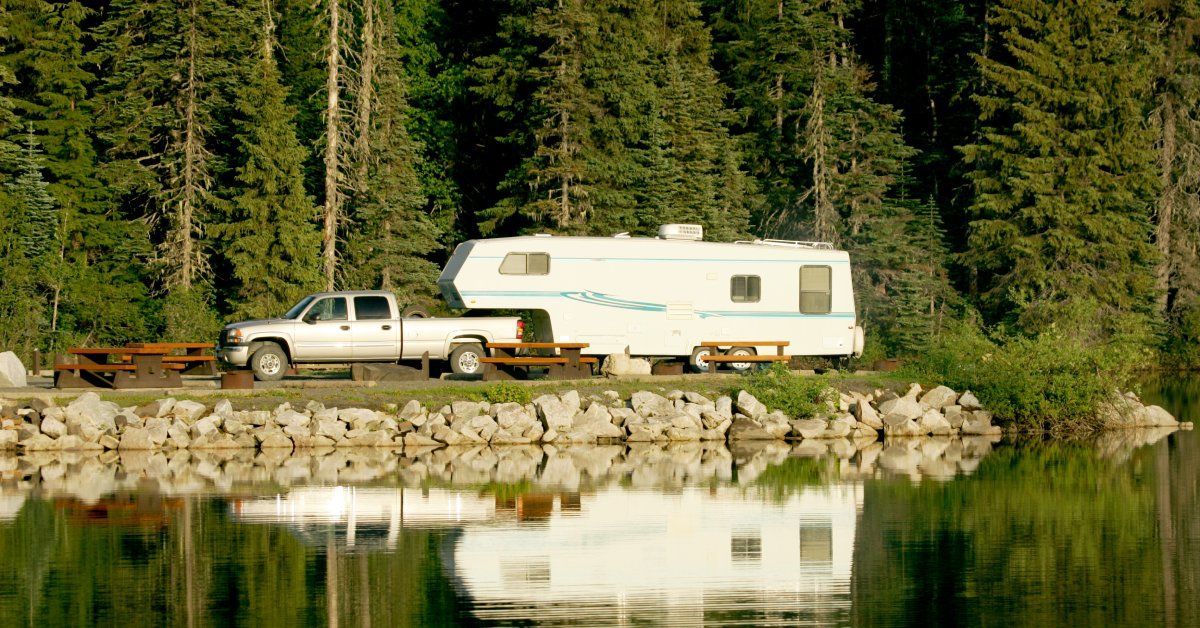
At some point, truck owners must ask whether the cost of towing their RV themselves is worth the wear inflicted on their vehicle. Although DIY towing allows flexibility, the combined expenses of burned-out components, fuel inefficiency, higher maintenance frequency, and depreciating truck value are undeniable. With these considerations in mind, many truck owners opt for external help.
That’s where the RV transportation services from One Call Logistics come in. Professional transport eliminates wear and tear on your truck, slashes personal fuel costs, and ensures careful handling of your RV. For owners seeking peace of mind, outsourcing to a trusted provider is a practical and cost-effective solution.
The long-term impacts of towing an RV on your truck highlight the compounded costs of consistently hauling heavy loads. From engine strain to brake stress and diminished resale value, repeated towing can add up in ways you might not expect. Considering these factors, entrusting your RV to the professionals at One Call Logistics can save both your truck and your wallet. Contact us to learn more about our safe and affordable transport services.
